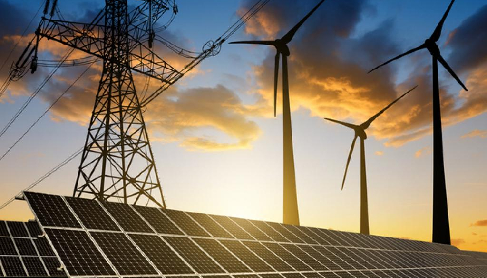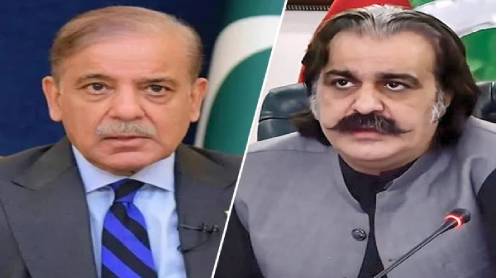ISLAMABAD-Chief Executive Indus Motor Company Ali Asghar Jamali has said that IMC has been using the largest solar plant by any automobile company in the country with 4.5MWs energy generation as they are committed to increase green energy’s share in their overall energy consumption.
He was speaking at the “Champions of Change: A Dialogue with the Private Sector” conference held here on the severe impacts of emissions on Pakistan’s health, lives, and the environment. “Toyota’s global commitment is to go carbon neutral by 2035 and reaching out to net zero emissions by 2050. Thus, IMC is using energy efficient equipment to reduce carbon footprints,” said Jamali, adding that all IMC buildings are covered with solar panels.
The conference paved the way for the launch of two ground-breaking research studies “Scoping Study of Corporate Sector Energy Consumption” and “Textile and Sports Industry – Assessing Decarbonisation and Growth Potential”. The first study was conducted by the Indus Consortium in collaboration with the Centre for Business and Economic Research (CBER) at IBA which focused on the energy consumption of corporate sectors, particularly the findings related to Indus Motor Company (IMC) and Coca-Cola Beverages Pakistan.
The second study, presented by Alternate Development Services, examined the carbon emissions of the textile and sports industries. Speaking on the occasion, Hussain Jarwar, CEO Indus Consortium, urged that the corporations and IFIs should make efforts to support the affected environment and communities to make their lending Paris-aligned. Asim Jaffry, Country Programme Lead, Fair Finance Pakistan said road transport was one of the most significant sources of air pollution in Pakistani cities, reducing life expectancy by up to 7 years in Lahore, Faisalabad, Peshawar, Karachi and Islamabad. Dr Raza Ali Khan, Chairman Dept of Economics and Management Sciences, NEDUET, said that the climate clock was ticking and it was the responsibility of the government as well as the private sector to address the basic questions towards the safety of the people during the climate change impacts.
IMC generates 4.5MWs solar energy to increase its green energy share: Jamali





